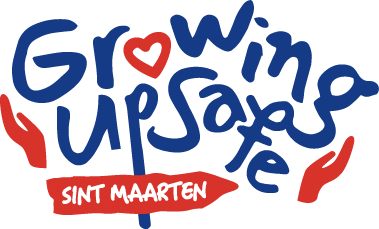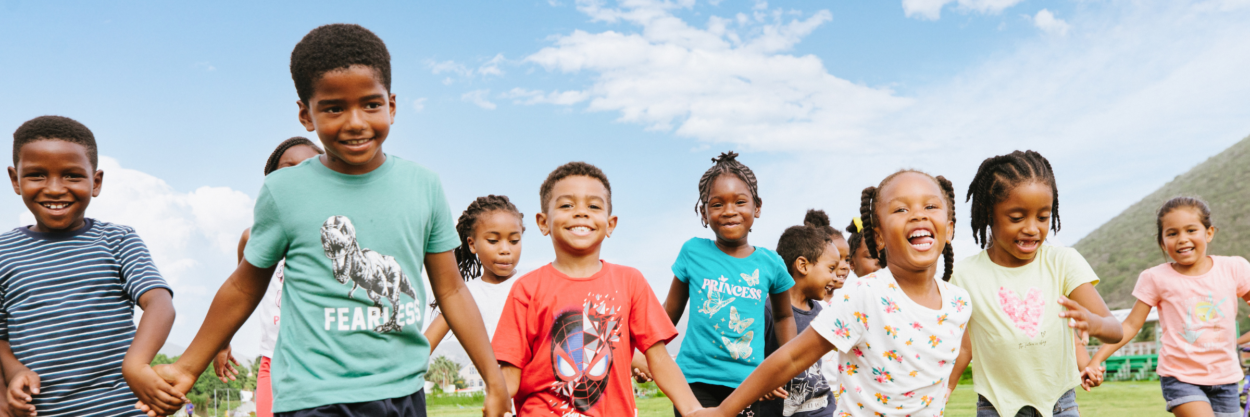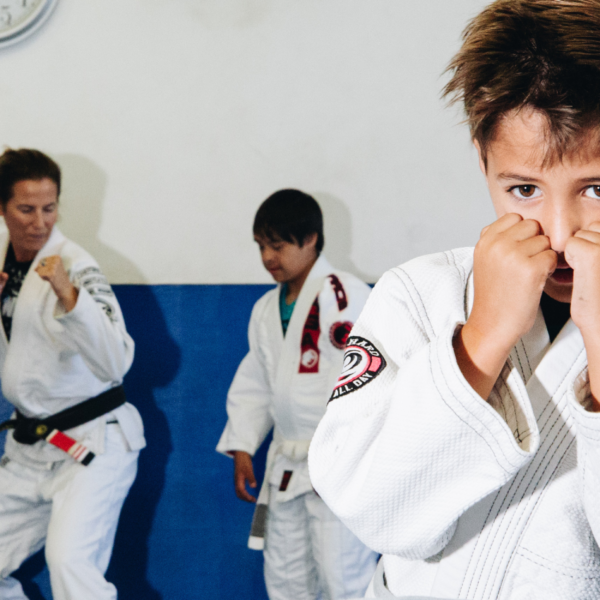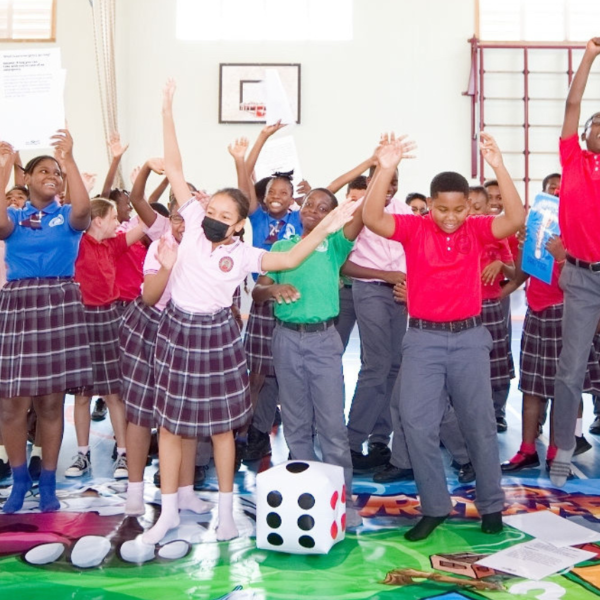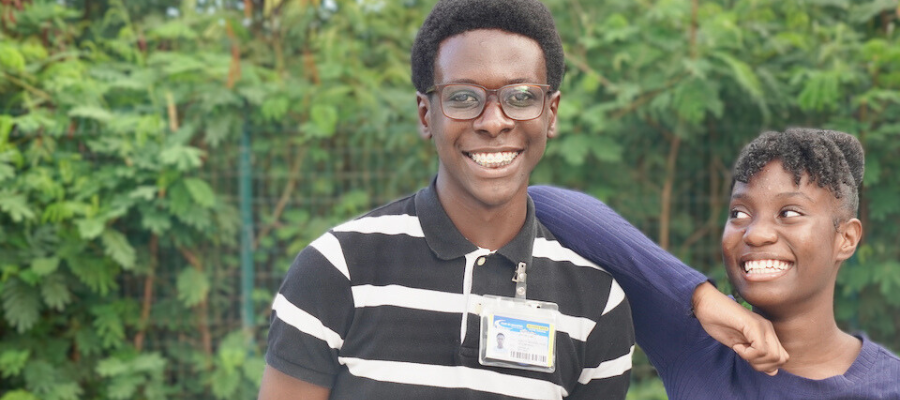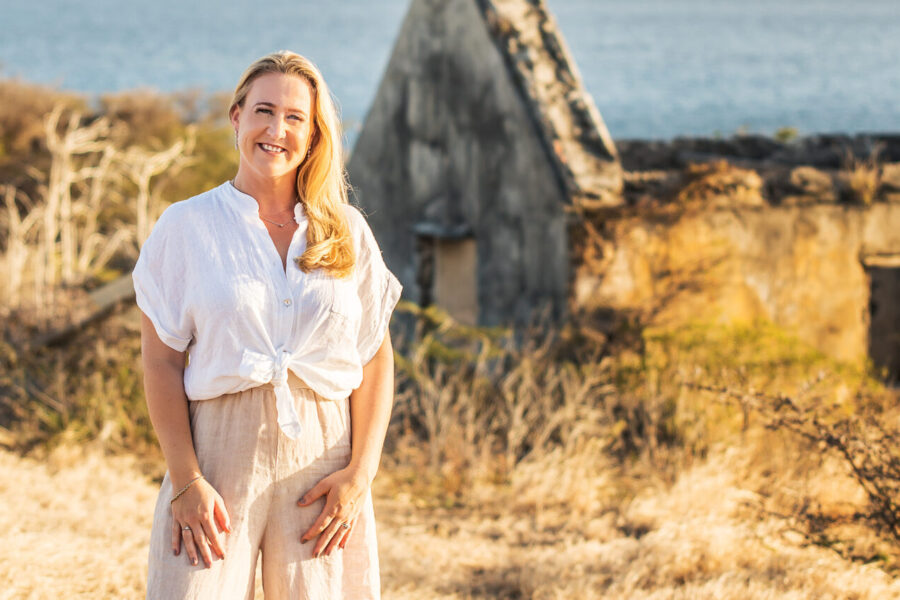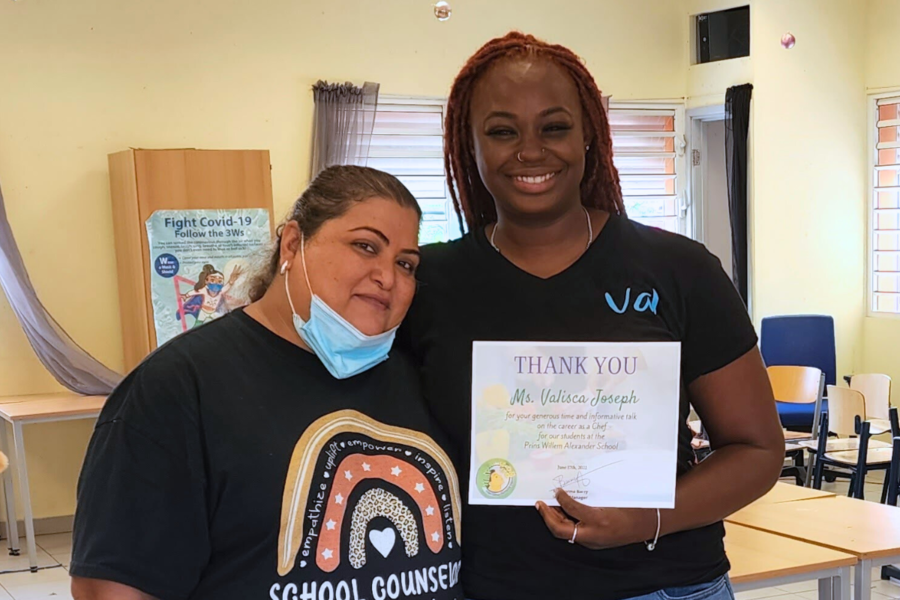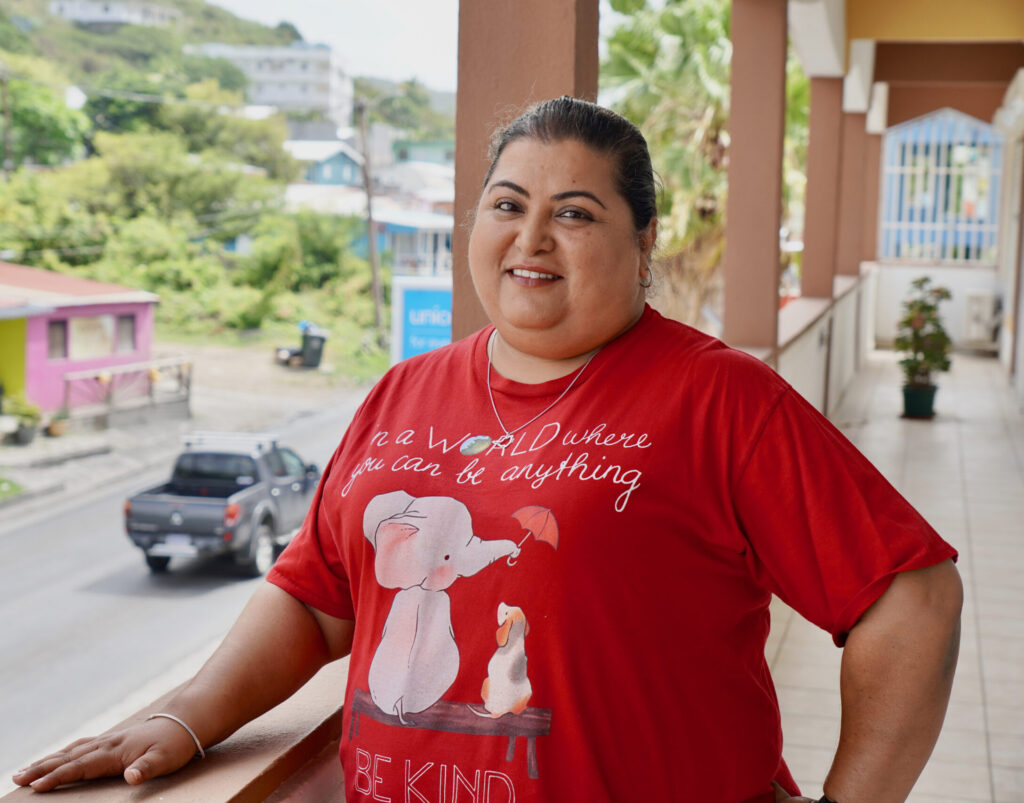
Jina Mahbubani
is the school counsellor at Prins Willem Alexander School, a special needs school in Sint Maarten. She provides counselling and other activities to assist students’ social and emotional well-being in her work: “We want them to feel safe in school and that they have someone to talk to when needed.”
“Unfortunately, most of our students do not have good self-esteem. This is in large part due to the environment that they grow up in.”
Jina discusses several topics with students: bullying and cyberbullying, feeling grief, self-control of their emotions and reactions, and building self-esteem. The latter is a much-needed topic, according to Jina. In her office stands a tall mirror surrounded with words of self-love. Yet, she shares, “When I ask students to look in the mirror and say something about themselves, 99% of the students say something negative.”
Authentic Selves
To encourage more self-love, Jina does various activities to encourage children to identify aspects of themselves that are good or they like. However, Jina also notes that it is challenging to build their self-esteem when at home they don’t feel safe to be themselves:
“Children need safety and feel comfortable to be their authentic selves. Only then can they build confidence in who they are. However, many of our students are verbally abused, hearing things such as ‘you are stupid’, ‘you are fat’, etc., – how can we expect them to have self-esteem when they are put down by the people they look up to the most, their parents.”
Jina notes that “often, when a child misbehaves, it is a cry for help, and children often mimic the bad behaviour they see from their parents.” She has facilitated several parenting workshops in the past, however, she feels that “parents who need it most don’t show up.”
So, how can you help make a child feel safe to be themselves? Jina: “Think about whom you would want to approach and talk to – and match your tone of voice, words and gestures to this. Children (and adults) need a lot of love and security to feel confident enough to be themselves. This won’t happen if parents react badly whenever a child expresses their feelings or opinions.”
Imago Therapy
Another lesson Jina feels is essential for children to learn is understanding their feelings: “A lot of us are not able to talk about our feelings as adults. When we see a child cry, we say: ‘stop crying’, instead of talking to that child, acknowledging their sadness and figuring out where those feelings are coming from.”
Jina likes to use ‘Imago Therapy’, which involves three steps: mirroring, validation and empathy.
Mirroring: is when you repeat back what you hear from the child, so they understand that you are truly hearing them. It would be best if you did this without critique or responding. For example, you can say: ‘ok, so you are saying ‘XYZ’’ or ‘Just so I am sure I understand, you are feeling ‘XYZ’.’
Validation: is given through making a validating statement that supports their feelings or point of view. You can say, ‘I understand that you feel this way because ‘XYZ’’ or if you don’t think everything makes sense, you can say: ‘This part ‘XYZ’ makes sense, but can you help me understand this other part better?’
Empathy: is the ability to understand and identify with another’s feelings, thoughts or attitude. Imagine what the child might feel in that situation and repeat this to them. For example, you can say: ‘I imagine you feel disappointed or frustrated because ‘XYZ’ happened.’
Trusting Your Feelings
Once Jina goes through the three-step process, she often asks the child how they think the situation or incident could have gone differently: “and often they come up with the answer themselves. This way they learn to reflect, understand that mistakes can happen, learn to solve their problems, and trust themselves to make decisions.“
Trusting and feeling confident in their feelings will also help children be better adults; Jina explains: When children interact with their peers and understand their emotions better, it is easier for them to communicate or take a step back when a disagreement happens. Children who do not understand their emotions are more likely to get into physical fights. This carries on into their adulthood. When we can’t express ourselves through words or reflect on our behaviour, we take our negative feelings out in other destructive ways.”
Little Wins
However, Jina acknowledges that it is difficult for children from abusive homes to speak up for themselves: “Adults can react badly, which creates an unsafe situation for the child. Unfortunately, many of my students have expressed that they have no one to talk to at home. School with their friends and teachers is their safe space. Summer vacation might be great for us, but not for some children.”
“It can feel a bit hopeless at times – as a professional on Sint Maarten, you have limited resources to help children. But I try to focus on the little wins. For example, I have one case, a 12-year-old girl with terrible self-esteem; she did not like anything about herself. Her parents are never home, and she does not connect to her siblings. She comes into my office to cry. We have motivational talks to help her not depend on anyone to feel beautiful or worthwhile. I have seen a transformation in her – she sometimes smiles now, and that feels wonderful.
